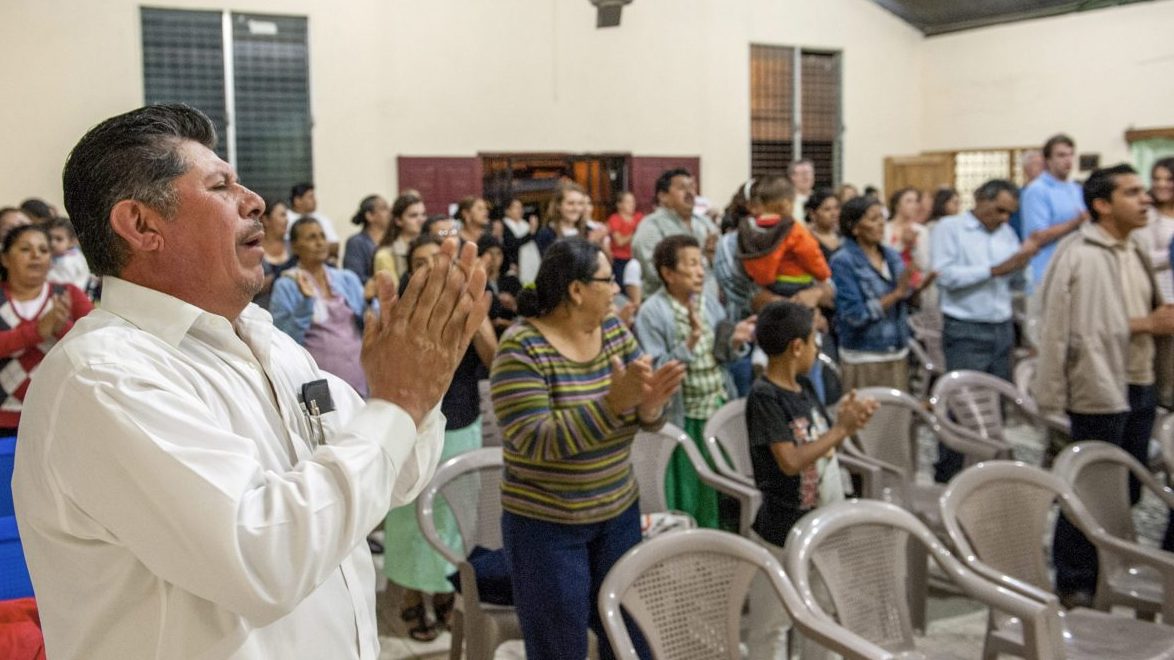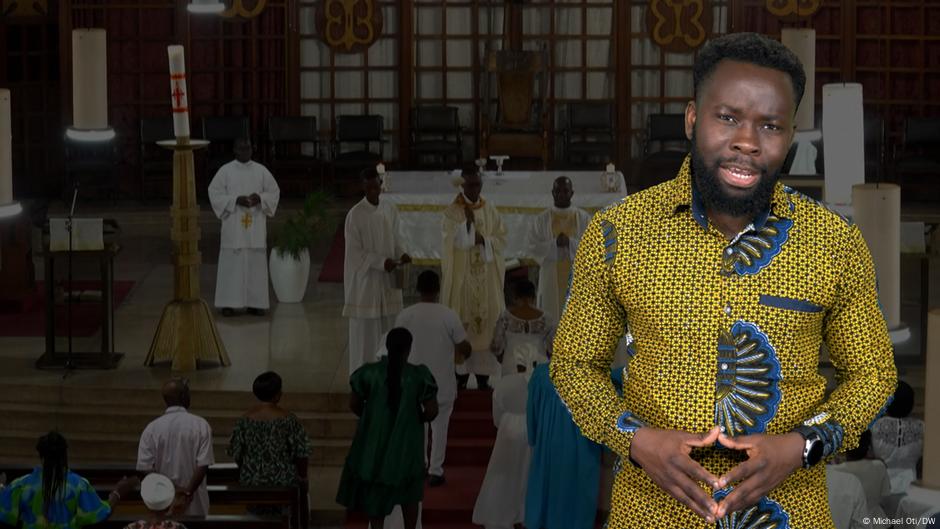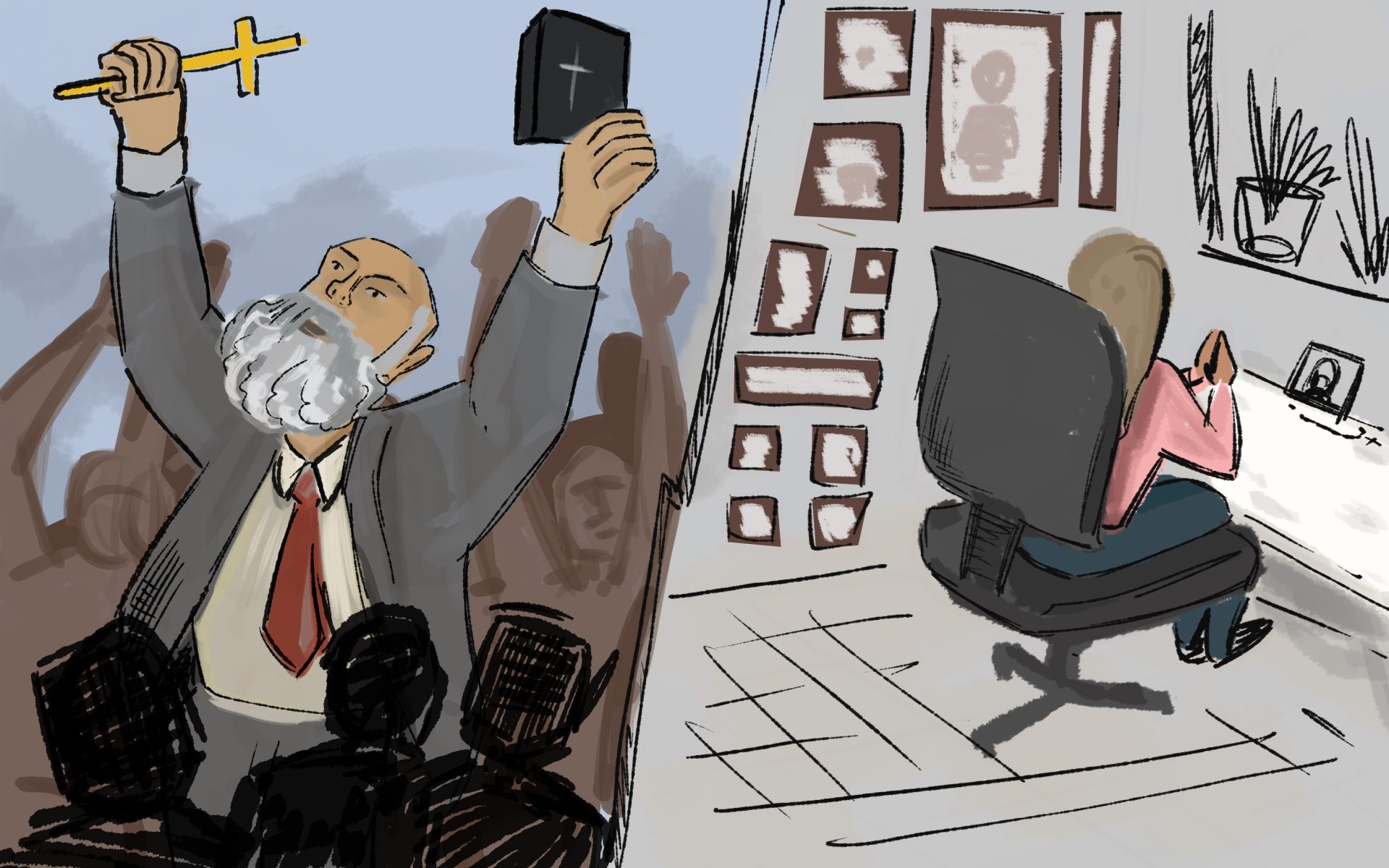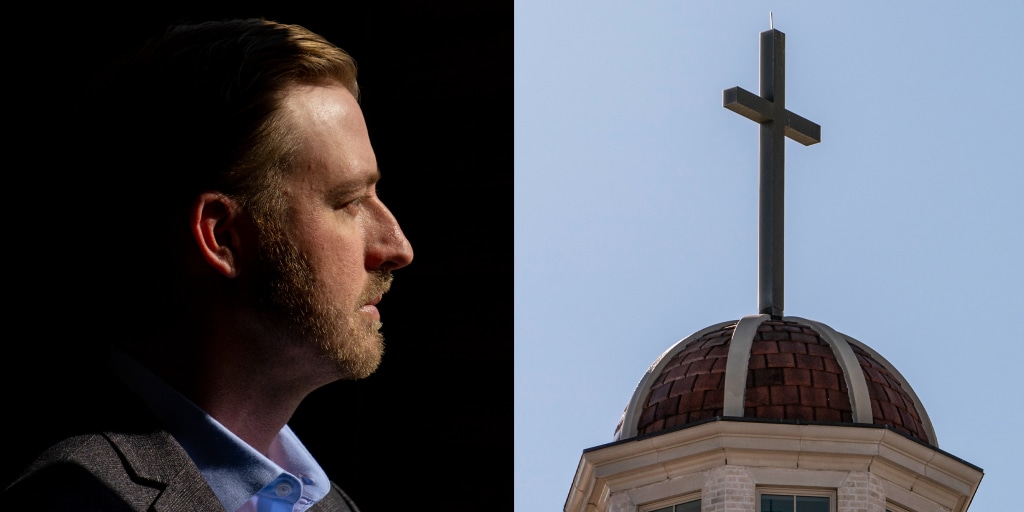Beyond Belief: Dutch Social Bonds Thrive Without Religious Ties, Research Reveals
Religion
2025-04-14 05:00:00Content

In a fascinating exploration of social dynamics, recent research from Radboud University Nijmegen and Vrije Universiteit Amsterdam reveals that the Netherlands is experiencing a significant shift in religious participation without compromising community spirit.
Church membership has steadily declined, dropping from 32 percent in 2015 to a mere 27 percent today. However, contrary to potential concerns about social fragmentation, the study suggests that Dutch society remains remarkably resilient and interconnected.
Despite the diminishing role of traditional religious institutions, the Dutch population continues to demonstrate strong social bonds and interpersonal trust. This finding challenges conventional wisdom that suggests religious affiliation is a prerequisite for community cohesion.
The research highlights a nuanced picture of modern Dutch society: while formal religious engagement is waning, the underlying social fabric remains robust. People are finding alternative ways to connect, build relationships, and maintain a sense of community beyond traditional religious frameworks.
These insights offer a compelling narrative about social adaptation, showing how societies can evolve and maintain their core social values even as institutional structures transform.
Unraveling the Social Fabric: How the Netherlands Thrives Beyond Religious Boundaries
In an era of rapidly changing social landscapes, the Netherlands emerges as a fascinating case study of community resilience and social connectivity. As traditional religious institutions continue to lose their grip on society, a profound transformation is taking place that challenges long-held assumptions about social cohesion and interpersonal trust.Redefining Community in a Secular Age: Trust Transcends Religious Affiliation
The Declining Tide of Religious Membership
The Dutch social landscape is experiencing a remarkable metamorphosis. Recent research from prestigious academic institutions reveals a dramatic shift in religious participation. Church membership has plummeted from 32 percent in 2015 to a mere 27 percent today, signaling a profound cultural transformation. This decline represents more than just statistical data; it reflects a fundamental reimagining of social connections and community engagement. Sociologists argue that this trend is not a sign of social fragmentation, but rather an evolution of human connection. The Netherlands demonstrates that social bonds can flourish independently of traditional religious frameworks. Young generations are crafting new mechanisms of trust, community, and mutual understanding that extend beyond institutional religious structures.Social Cohesion in the Post-Religious Landscape
Contrary to pessimistic predictions, the erosion of religious membership has not weakened social fabric. Researchers from Radboud University Nijmegen and Vrije Universiteit Amsterdam have uncovered a remarkable phenomenon: social trust remains robust and interconnectedness continues to thrive. This challenges fundamental assumptions about the role of religious institutions in maintaining societal bonds. The Dutch model presents a compelling narrative of social resilience. Citizens are finding alternative pathways to connection, whether through community initiatives, digital platforms, or secular social networks. These emerging mechanisms of trust demonstrate the adaptability of human social structures and the capacity to maintain meaningful relationships outside traditional religious contexts.Psychological Dimensions of Secular Trust
Psychological research suggests that the Netherlands is pioneering a new approach to social connectivity. The ability to maintain high levels of interpersonal trust without religious intermediaries speaks to a sophisticated social intelligence. Dutch society appears to have developed intrinsic mechanisms of mutual respect and understanding that transcend institutional frameworks. This phenomenon is not merely about the absence of religious structures but the active creation of alternative social bonds. Community engagement, shared values, and mutual respect have become the new currency of social interaction. The Dutch experience offers a blueprint for how societies might navigate complex social transformations while maintaining core human connections.Global Implications of the Dutch Social Model
The Netherlands provides a fascinating case study for global sociologists and policymakers. As many societies grapple with religious decline and social fragmentation, the Dutch model offers a beacon of hope. It demonstrates that social cohesion is not dependent on religious institutions but on fundamental human capacities for empathy, understanding, and mutual respect. This research challenges simplistic narratives about secularization leading to social breakdown. Instead, it reveals a more nuanced understanding of human social dynamics. The ability to maintain trust and connection in the absence of traditional religious frameworks represents a significant evolutionary step in social organization.Future Trajectories of Social Connection
As the Netherlands continues to lead in this social experiment, researchers remain keenly interested in tracking long-term trends. The current data suggests a robust and adaptive social ecosystem that can reinvent itself continuously. Young generations are not just passive recipients of social change but active architects of new forms of community and connection. The implications extend far beyond the Netherlands. This research offers profound insights into how societies might reimagine social bonds in an increasingly complex and interconnected world. The Dutch experience suggests that human capacity for trust and connection is far more flexible and resilient than previously understood.RELATED NEWS
Religion

Cleansing Chaos: Millions Plunge into Sacred Waters at Massive Religious Gathering
2025-02-26 04:06:31
Religion

Love Beyond Labels: Sonakshi Sinha Breaks Silence on Her Interfaith Marriage with Zaheer Iqbal
2025-03-10 13:00:32






